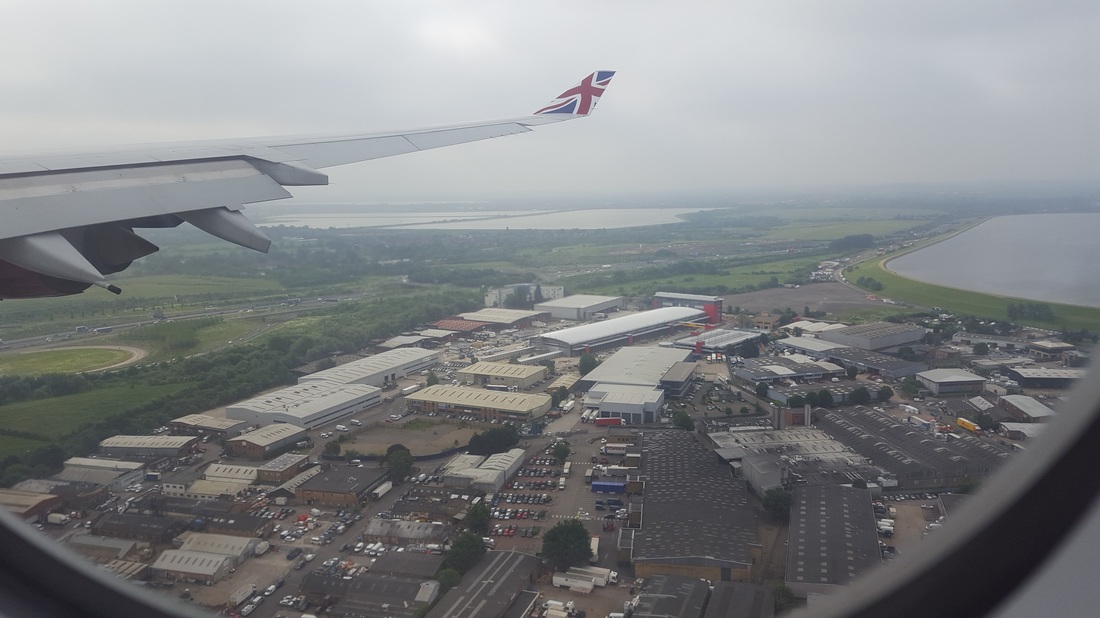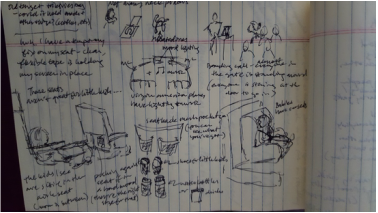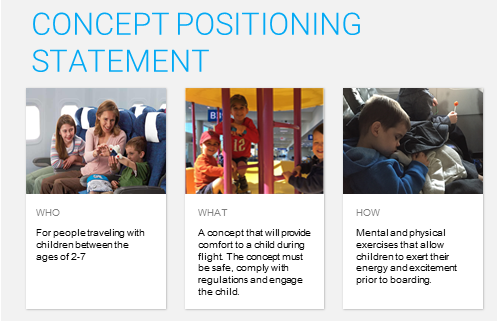Course overviewThis course focused on developing skill and understanding into what entrepreneurship consists of. Being an entrepreneur doesn't mean you start a small business or a local store-- it means you're willing to innovate, try new things, and make the existing world better through the solutions you bring to the table. Entrepreneurship is creative displacement, and inherently involves uncertainty, ambiguity, and risk. Entrepreneurship consists of innovation and creativity to work, but that also depends on not only who you have at the table and what ideas they can come up with, but also the execution ability of any of the members of your team. This class showed you don't have to be a startup founder to be entrepreneurial-- entrepreneurial thinking shows up in both established companies (when firms are trying to develop new products or services) and new ventures.
Our class project involved applying the skills we learned to a unique group we were all familiar with: travelers. Our task was to come up with a product or service that answered a need we found. More details about this project are below. |
I-Mod developmentThe first 6 weeks of the class, we were sent into the world to go and observe travelers in their natural habitat, and then develop product ideas based off those insights.
We realized quickly from our 69 observations while in airports that traveling with children, particularly those from the ages of 2-7, was especially difficult. So, we prototyped with the kids we had access to (as some of our teammates had children or nieces/nephews) and saw how they responded to some of our ideas for games/activities/seat hacks to make it more comfortable. The idea we decided on after the prototype phase was to create a service to tire children out pre-flight so that they're ready to sleep onboard the plane. A happier child means happier passengers. We then mapped out a design story and realized that creating a supervised play space in an airport terminal is something that no one else has created, and creates value as it allows for parents to relax while children play in a safe environment. |
E-Mod DevelopmentPorter's Five Forces Analysis:
Our analysis process showed that despite an attractive market, our concept had a fairly unattractive industry. We knew going in that our team would have skill gaps, and so we set out to hypothetically fix them. Additionally, there was a lack of unique intellectual property, which wasn't clear if that would help or hinder our business advantage. Micro-Market Assessment:
|




